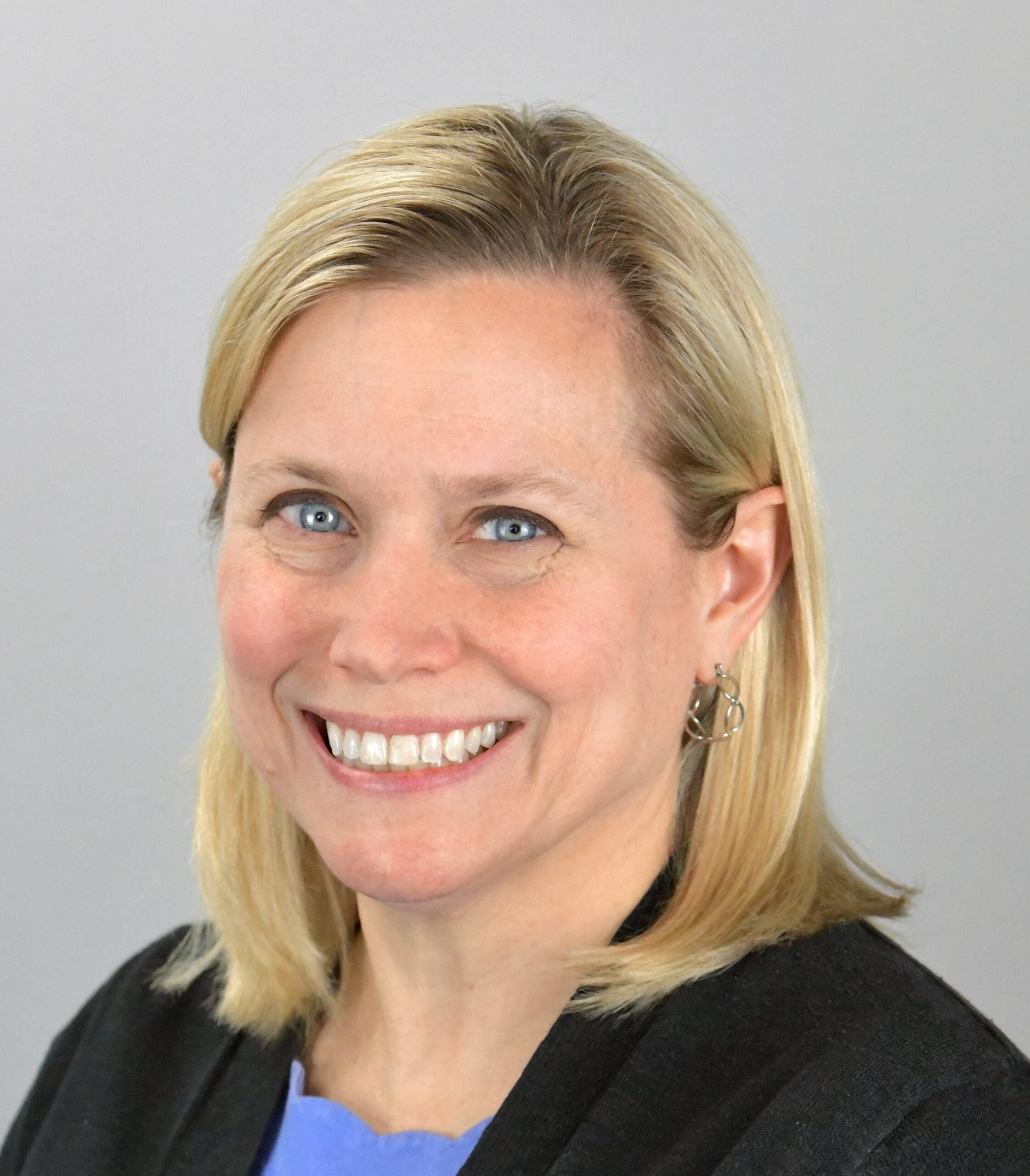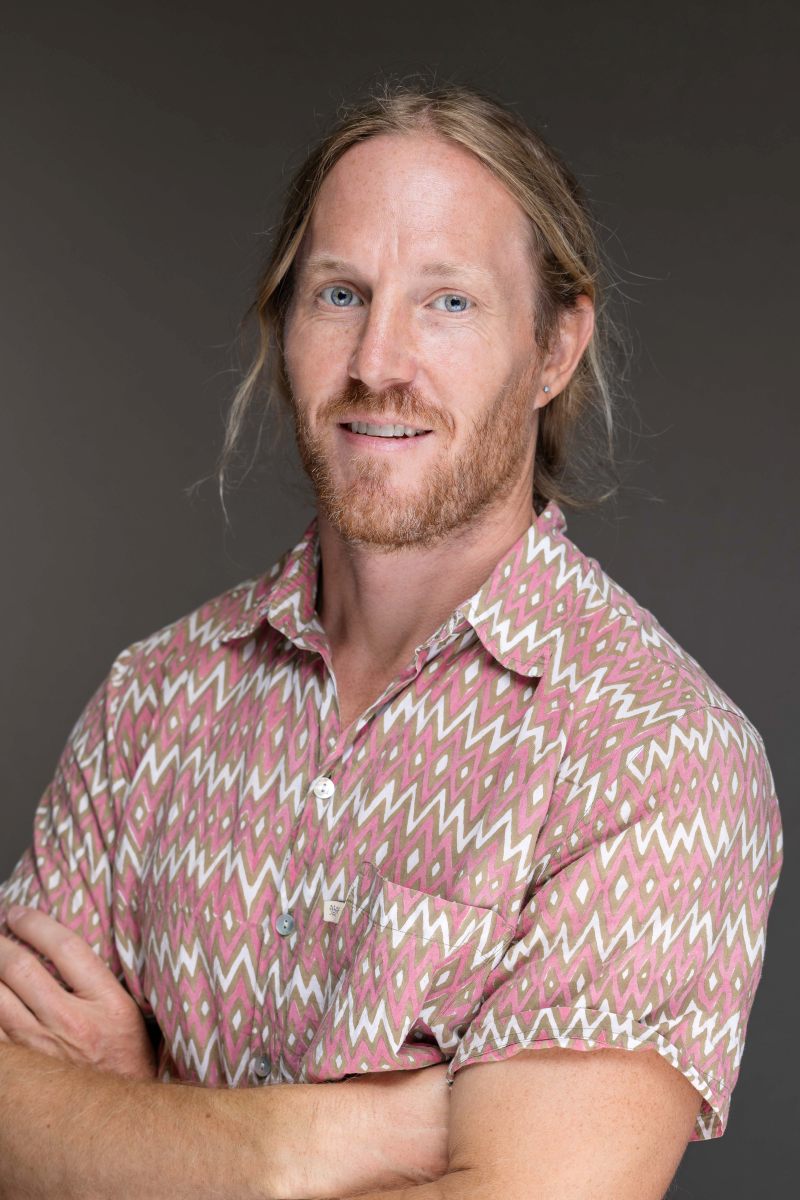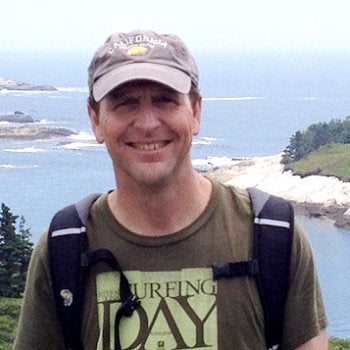Spatial Planning and Management
Students interested in coastal and marine spatial planning and management study how people think about, engage in, and manage their activities in coastal and ocean spaces.
Particular attention is paid to decision making processes, scientific data and information used in planning and management, spatial and temporal patterns of use, and human connections with coastal and ocean spaces. Courses in GIS mapping, coastal management, marine protected area management, and others equip our students with the knowledge and tools to contribute meaningfully to on-going spatial planning and management efforts in the US and around the world.
Students studying coastal and marine spatial planning and management have found positions with planning agencies at local, state, regional and federal levels, non-government organizations, and in academia.
Courses offered
- MAF 300: Race, Gender, Colonialism, and Science
- MAF 465: GIS Applications in Coastal and Marine Management
- MAF 461: Coastal Zone Management
- MAF 472: Coastal Tourism Studies
- MAF 500: Race, Gender, Colonialism, and Science
- MAF 526: Management of Marine Protected Areas
- MAF 527: Marine Protected Areas: an interdisciplinary analysis
- MAF 530 Marine Environmental History
- MAF 582: Coastal Ecosystem Governance
Faculty
Professor and Director of Rhode Island Sea Grant
Department of Marine Affairs
401.874.6802
dalton@uri.edu
Associate Professor, Joint Appontment
Department of Fisheries, Animal and Veterinary Sciences
Research
- Coral Restoration Social Science and Assessment - Amelia Moore, Austin Humphries, Carlos Garcia-Quijano
Between 2018 and 2022, a team of URI researchers and students will be assessing the social impacts and effects of a large-scale, corporate funded, community oriented coral restoration project in the Spermonde Archipelago of Indonesia. - Understanding the Relationship Between the Block Island Wind Farm and Indigenous Island Lives, Past and Present - Amelia Moore and Jessica Frazier Exploring the indigenous experience on Block Island and the social effects of the Block Island Wind Farm and its cables on current indigenous lives and the future of indigenous community life on the island.
- Sociocultural Adaptations to Renewable Energy Infrastructure in Aquapelagic Systems - Amelia Moore This ongoing project experiments with decolonial ethnographic methods to explore the sociocultural effects of renewable energy transitions, utilizing the New England transition to offshore wind as a primary case study.
- Analysis of Effects of the Block Island Wind Farm on Rhode Island Recreation and Tourism Activities - J. McCann, David Bidwell, Amelia Moore, H. Smith, and T. Smythe Using social science methods to assess the effects of the Block Island Wind Farm on tourism and recreation activities.
- Assessing Impacts of the Block Island Wind Farm on Recreational Saltwater Fishing - David Bidwell, T. Smythe, Tracey Dalton, and J. Livermore This study uses qualitative and quantitative data to assess effects of the Block Island Wind Farm on recreational saltwater angling.
- Investigation of Users’ Preferences for and Values of Recreational Boating Activities Associated with the Block Island Wind Farm - Tracey Dalton, J. Livermore, J. Opaluch, Rob Thompson Investigation of on-the-water users’ preferences for recreational boating trips associated with off-shore wind farms in and around Rhode Island waters.
- Understanding Marine Resource User Response to Ecological Impacts of Offshore Wind Energy: A Case Study of the Block Island Wind Farm - J. Livermore, J. McNamee and Tracey Dalton This interdisciplinary project investigates how the Block Island Wind Farm and its corresponding electricity transmission system to the mainland will impact the local marine ecosystem and how marine resource users will be affected by these impacts.



